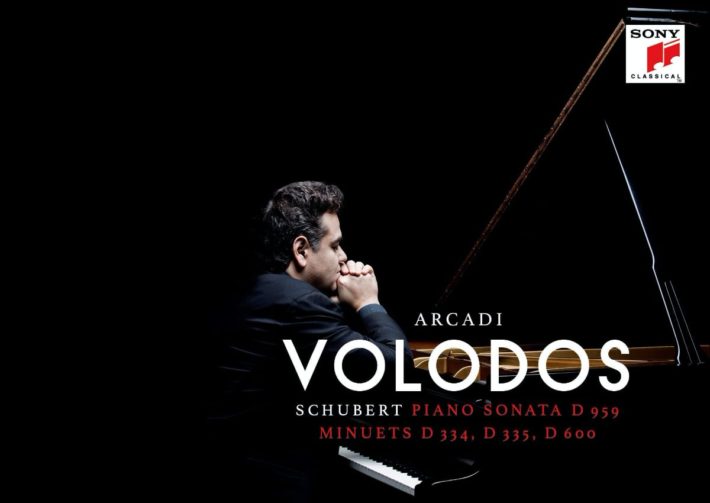This album is somewhat difficult to judge, depending heavily on the listener’s philosophy about performance and recording practices. Does this recording serve the discerning pianist, the musicologist or someone that looks for a true representation of the score? Or most importantly – does it serve the listener as a stand-alone music experience?

Schubert’s last four Piano Sonatas are remarkable in many ways, but this performance showcase what a special sound world the composer saves for his late piano writing. Like some of Mitsuko Uchida’s Schubert performances, Volodos produces a dreamy sound, with phrases that sustain their whisper-quietness even at their peak. When Schubert writes “ppp”, Volodos show, this has special meaning, as in the final bars of the first movement’s exposition (3’32”).
It’s a long-viewed performance, with the first 20 minutes leading up to the uproar in the middle section of the second movement. The dream becomes a nightmare here, and it’s certainly well-executed. But would this section be less effective if the bars preceding it were played with more backbone? The pianissimos in this movement’s main theme become a bit tiresome, even if one admires the pianist’s left-hand control. The return of the main subject is again extremely quiet (as instructed), but lacks the sense of resolve and inevitability that marks Alfred Brendel’s famous 1970’s performance.
There is an overall consistency of approach though, which makes for a cohesive musical argument. The Scherzo comes out as a soft relief rather than a surprising punchline, and I like that Volodos doesn’t feel obligated to pinpoint every repeated motive from other movements. For this kind of explicitness, you’ll have to go to Andras Schiff, both in his fine account for Decca on a modern Bosendorfer or his later, illuminating ECM version on fortepiano.
Where listeners would really want Volodos to let go is in the final movement, where the exciting hand-crossing figurations below anxious triplets can sound too restrained (5’25”), far removed from Krystian Zimerman or Murray Perahia. The overall stylistic decisions, especially in regards to tone color and dynamics, might be more suited to the final sonata D.960 than to D.959, which sometimes requires sharper contrasts. Volodos’ previous Schubert album, a fine account of the reflective Sonata D.894, was released almost 20 years ago. Hopefully we can have the D.960 sooner.
The three Minuets that supplement the Sonata are charming and show the young Schubert already looking ahead to his matured self. Superb recording quality too, but the sonata alone and the three Minuets take up just 55 minutes of music. Fans of Volodos, as always, won’t be disappointed. Dedicated listeners to Schubert’s piano music might want this as a second alternative to other fine accounts from the existing catalog.
Schubert – Piano Sonata No. 20, D. 959, Minuets D. 334, 335, 610
Arcadi Volodos – Piano
Sony Classical, CD 19075868292




















